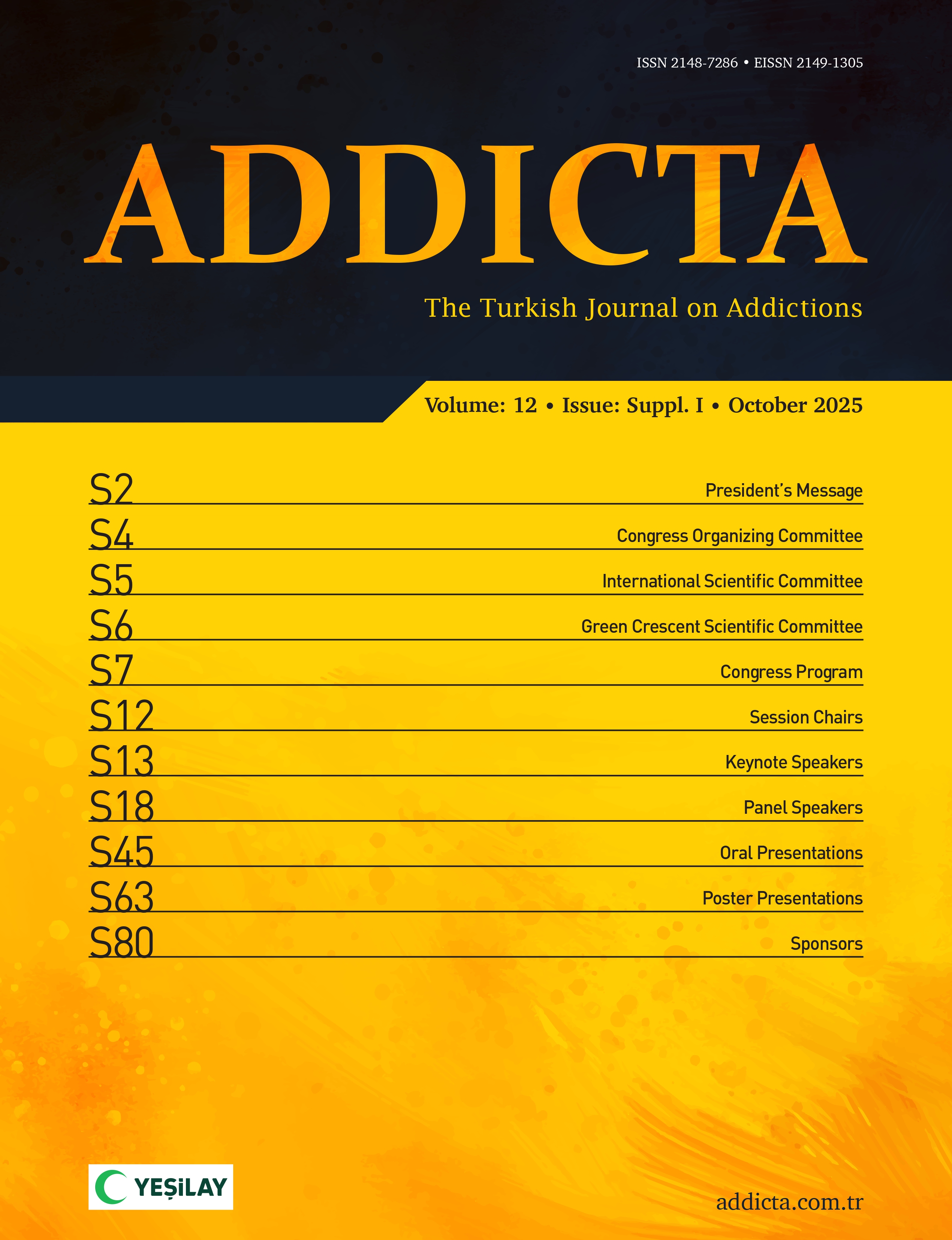Gaming is prevalent, especially for children and adolescents. It is a modern form of entertainment if within considerable limits. However, the definition of excessive gaming is unclear and parents have difficulties managing gaming behavior. The current study aims to test a pilot brief psychoeducational intervention for parents to help them gain a broader comprehension of gaming behavior and to support managing care giver burden. Intervention participants attended a 90-minute brief psychoeducation intervention and wait list control participants received no treatment. The Depression Anxiety Stress Scale Short Form, Parental Self-Efficacy Scale, and the Demographic Form were used. There was a significant decrease in depression, anxiety, and stress scores from pre- to post-measurement only in the intervention group. There were no significant differences in parental self-efficacy scores. The results reveal the effectiveness of a brief psy choeducational intervention to support parents of gamers. Future studies are necessary to tailor specific interventions depending on differential needs and delivery methods. Keywords: Caregiver burden, internet addiction disorder, parenting,
Cite this article as: Taşkale, N. (2025). Brief psychoeducational intervention to decrease parental distress and increase self-efficacy of parents of video game players: A pilot study. Addicta: The Turkish Journal on Addictions, Published online November 7, 2025. doi:10.5152/ADDICTA.2025.24279.

.png)


.png)
.png)